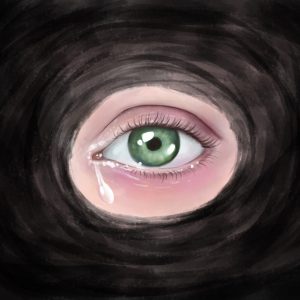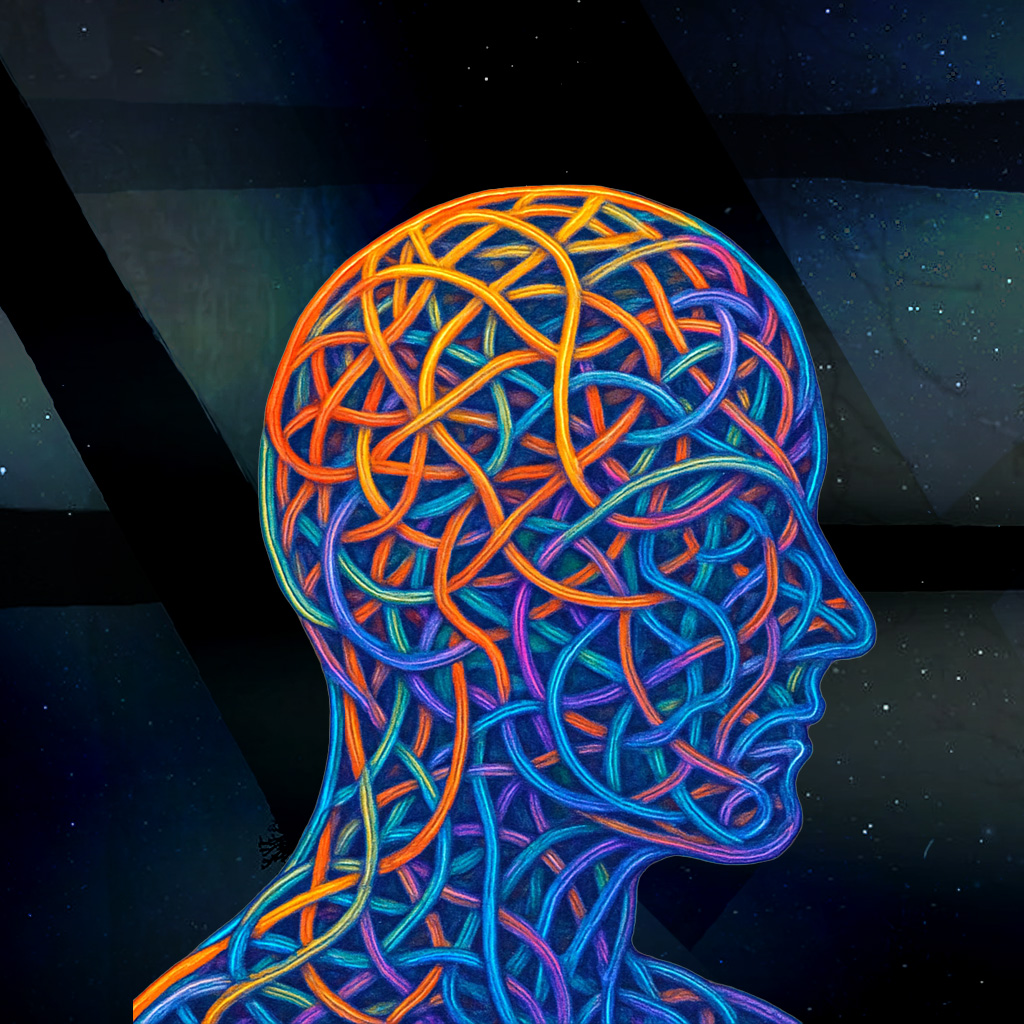
Intro to Buddhism: What Is Suffering?
We asked Professor Doug Powers the following questions: What is the suffering that the Buddha talks about? Do I have to ride the waves of emotions at all times in my life?
Suffering by definition is not being totally content because there is a sense of lacking.
The Buddha said that our basic nature is totally at peace, totally clear, totally aware, totally sees everything that is going on from stillness. That’s our basic state.
When we depart from that state, there is a sense of lacking that leads to a sense of wanting. So, in the lacking there is already suffering. Then, when the lacking turns into wanting something, now you’ve really messed up. If you get what you want, you’re trapped with it, because what you wanted was imagined to begin with and it turns out what you get in reality is much more complicated than what you imagined. On top of that, what you get is always impermanent, which can bring suffering. However, if you don’t get what you want, you’re totally bummed out. So, as soon as you want something, you’re pretty much done in terms of suffering because no matter where it goes after that is suffering.
In addition to this, there are layers and layers of suffering in the narrative that you’re attached to as ‘the self’, which has certain needs and views.
You get irritated if people don’t agree with your views or if you can’t get what you want. You think other people should attend to your narrative and they don’t because they have their own narratives.
So, you have to join a group of some kind that feels like they’re all suffering together. Then, you get into a collective set of suffering compared to everyone else’s suffering. It goes on and on and it brings layer after layer after layer of suffering. When you look into things from a place of lacking, you can’t actually see what is going on because, from the point of view from the lacking, everything is something that you’re making up in your imagination—you’re projecting. Nothing in reality is ever like your projection. So the word “suffering” is referring to a whole host of suffering, from the current moment where your narrative isn’t working for you, all the way back to when that narrative initially started from lacking. There are many moments in the process that are layers of suffering.
What can you do when a sense of lacking arises? Through different forms of cultivation, you can try to go back and settle yourself in the place where the sense of lacking isn’t arising. Your cultivation actually starts in this subtle mind that isn’t already moving in the lacking. Then, from this subtle mind, you are using the awareness in a subtle, clear, and quiet way, from which you can look into what’s going on.
On the other side of the lacking, there’s only bliss. There’s no depression because there’s no place that depression could even arise.
There’s no context for the depression to arise, because the mind is still and aware with no emotions in that kind of way. There’s just awareness, with no emotion.
The trouble with using your own emotions as the only frame of reference is that your emotions are in constant flux and they’re inherently instable. They have nothing to organize them. So you’re just an endless instability. I don’t mind looking toward emotion, but you have to realize that being in your emotions is completely impulsive and has no freedom at all. So you have to see what’s behind it—you have to look behind the emotions to who it is that is having the emotions—who is aware. You have to look back one more level.


